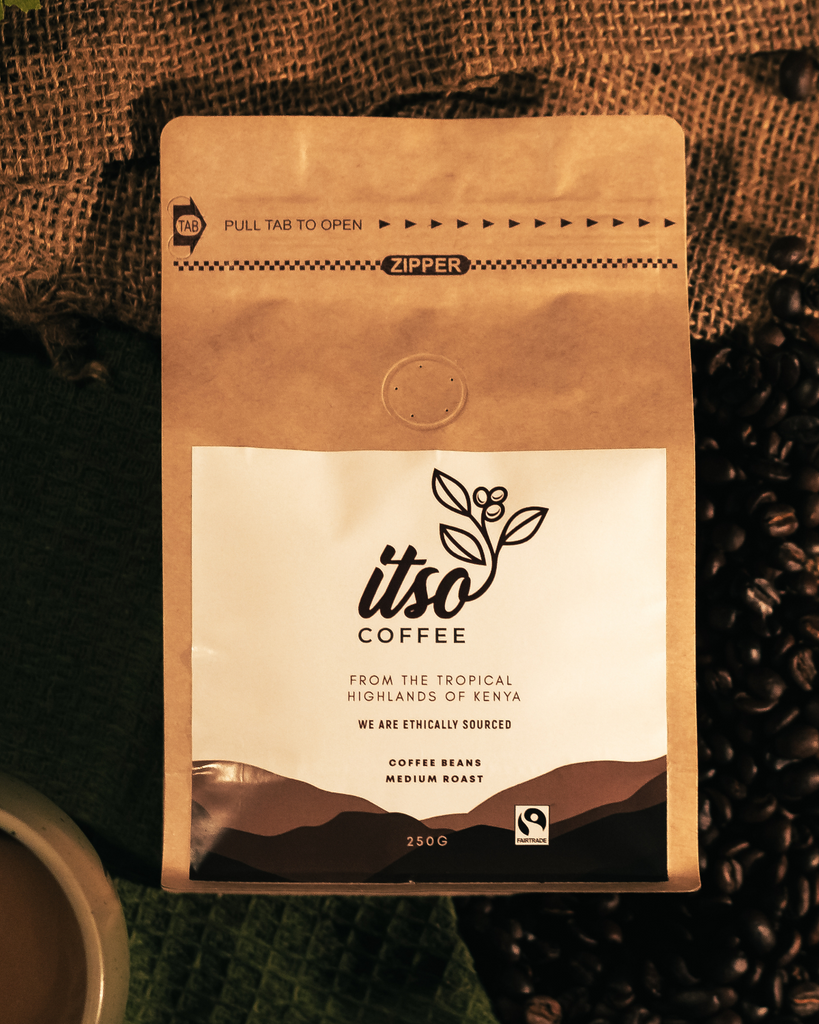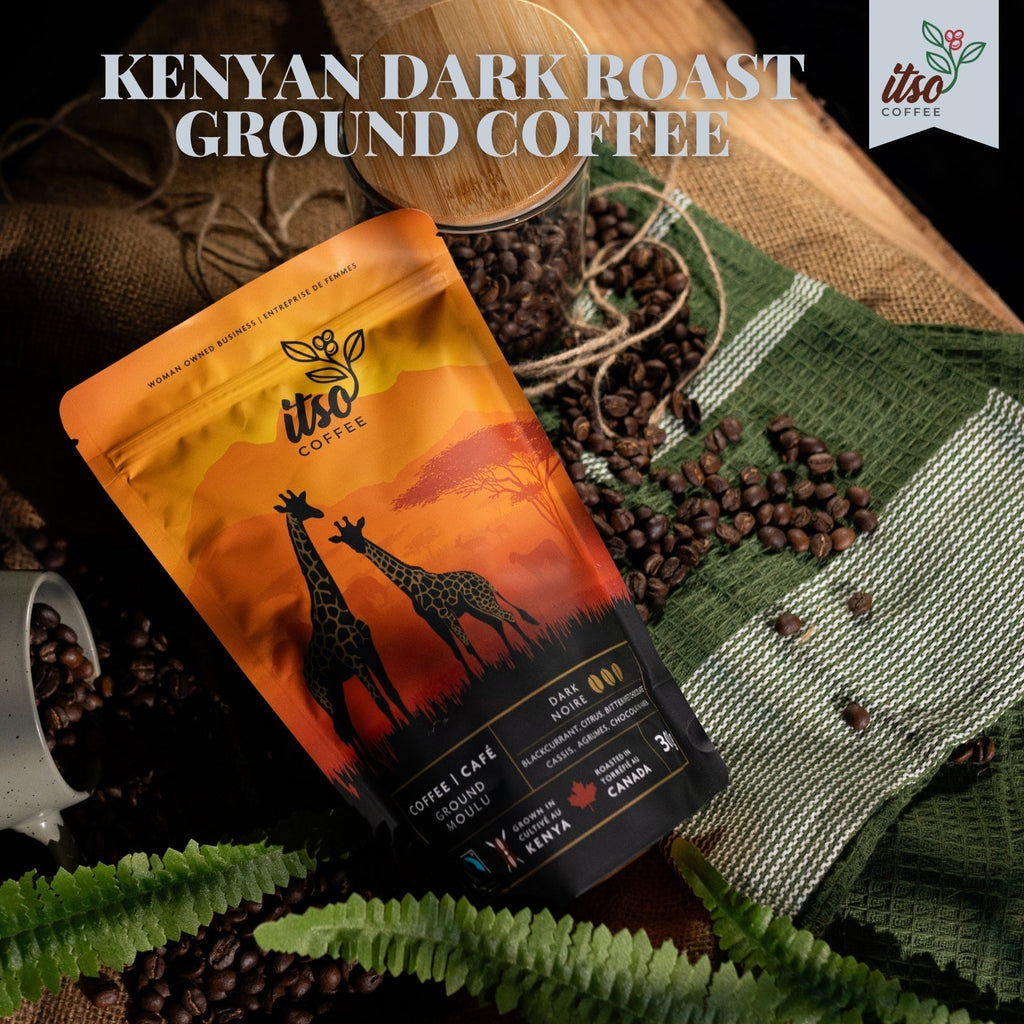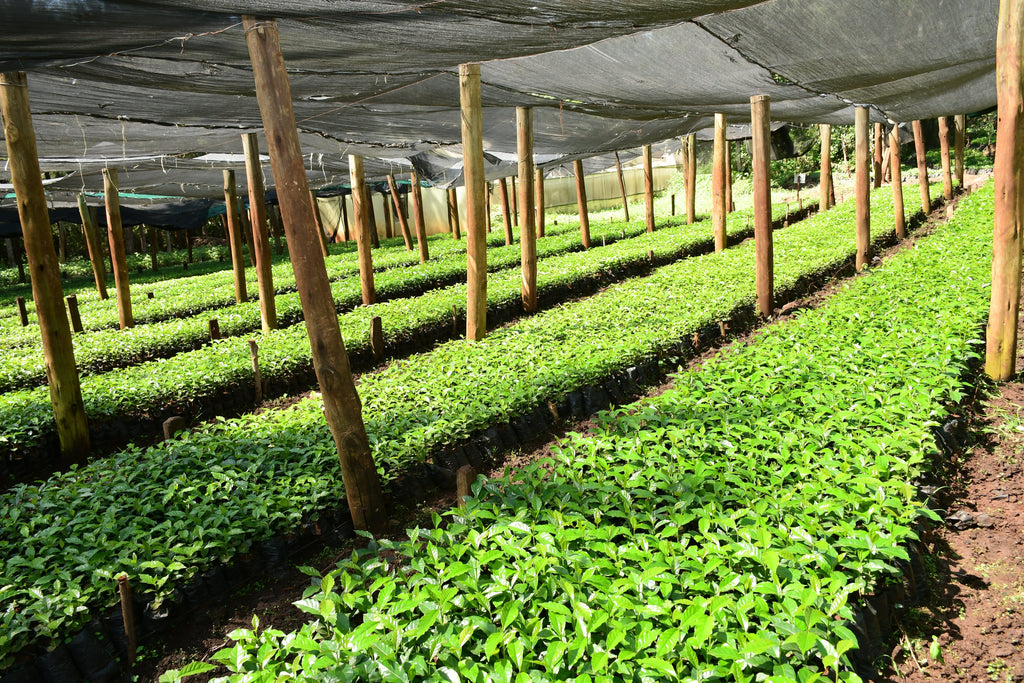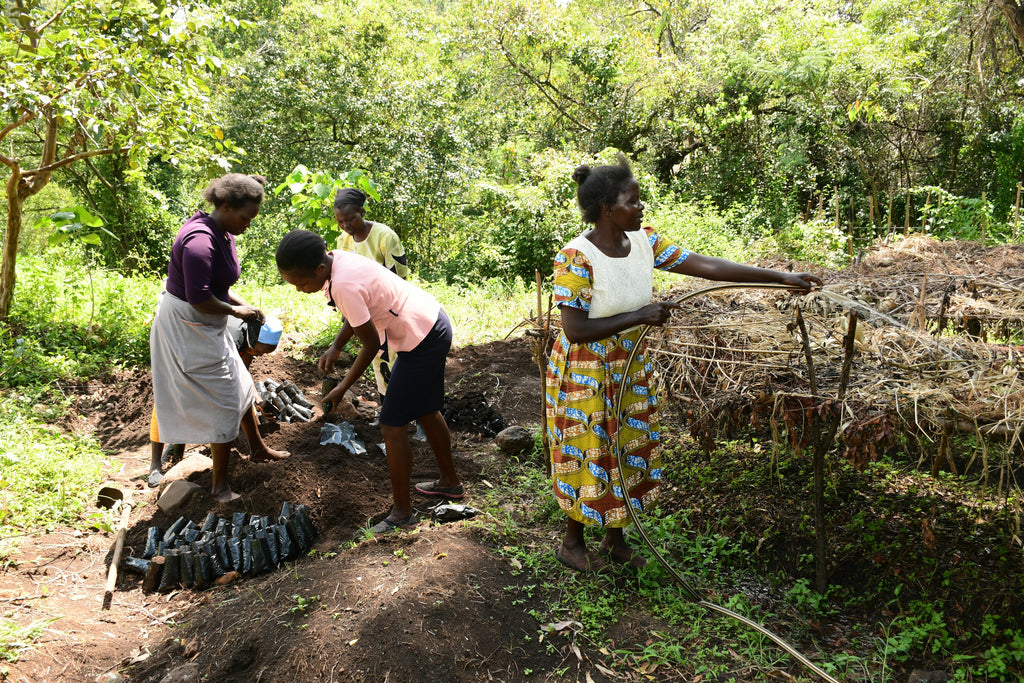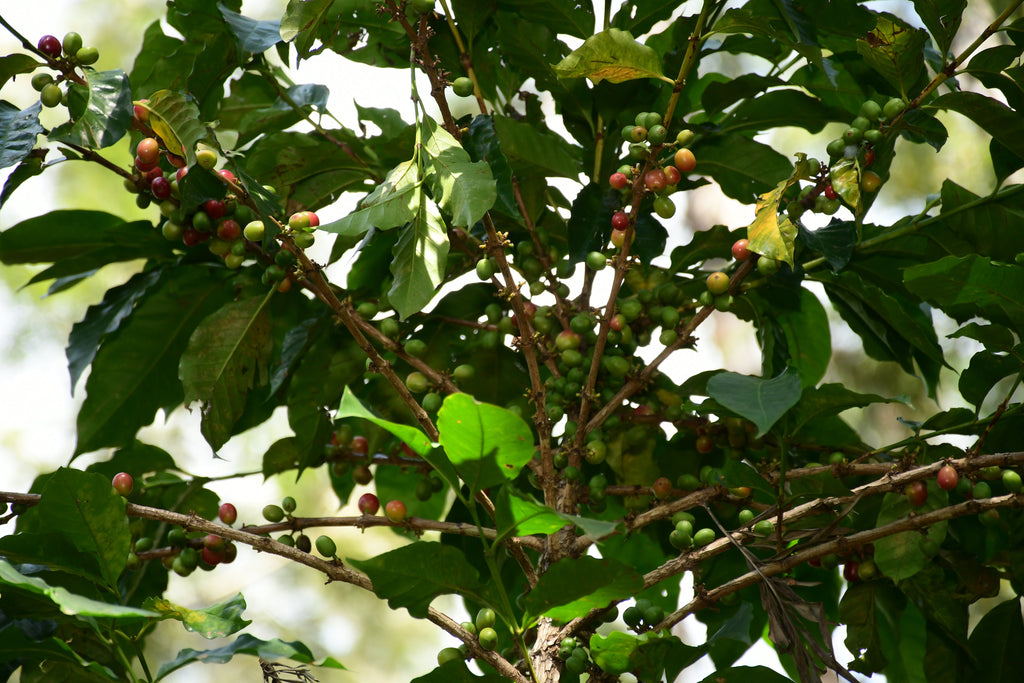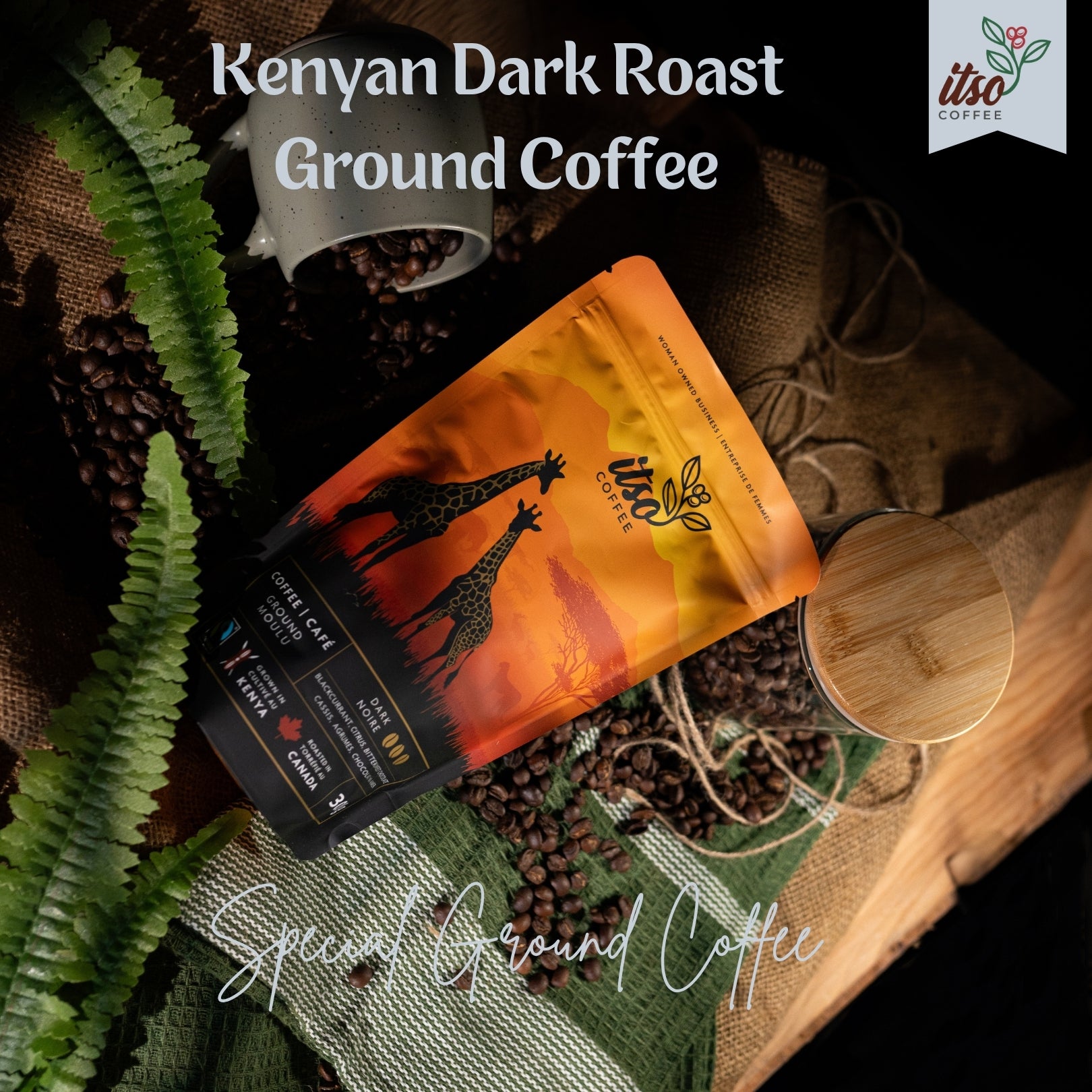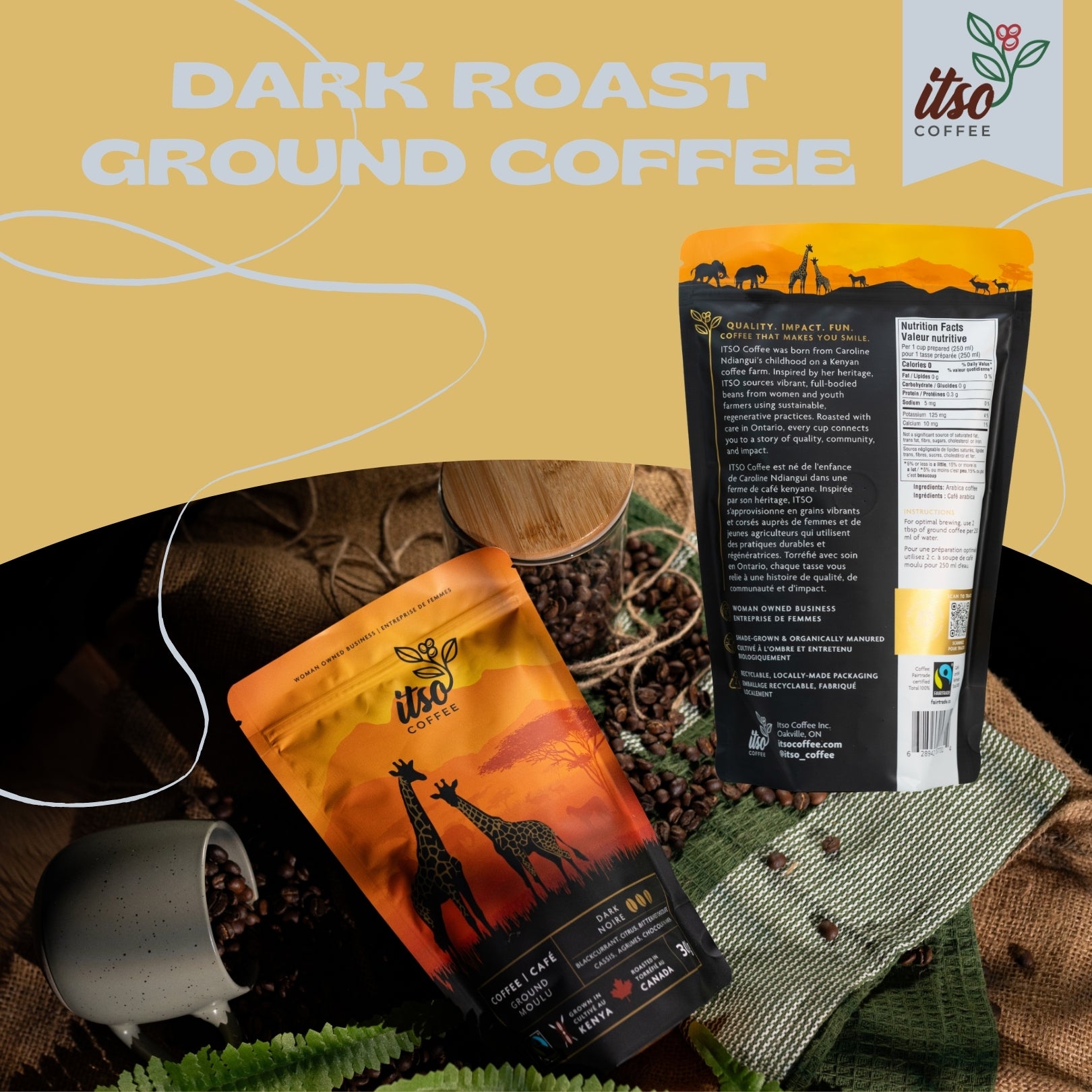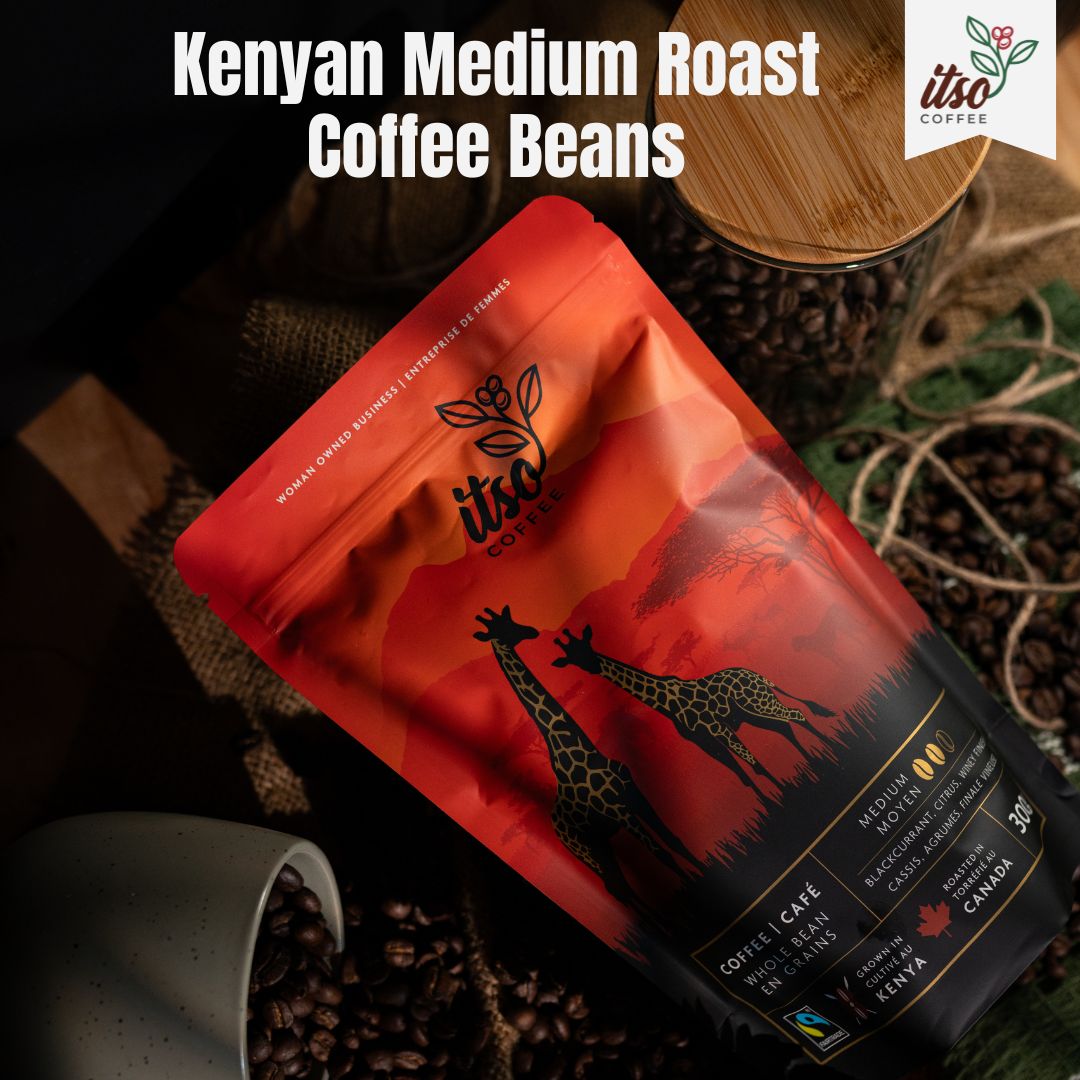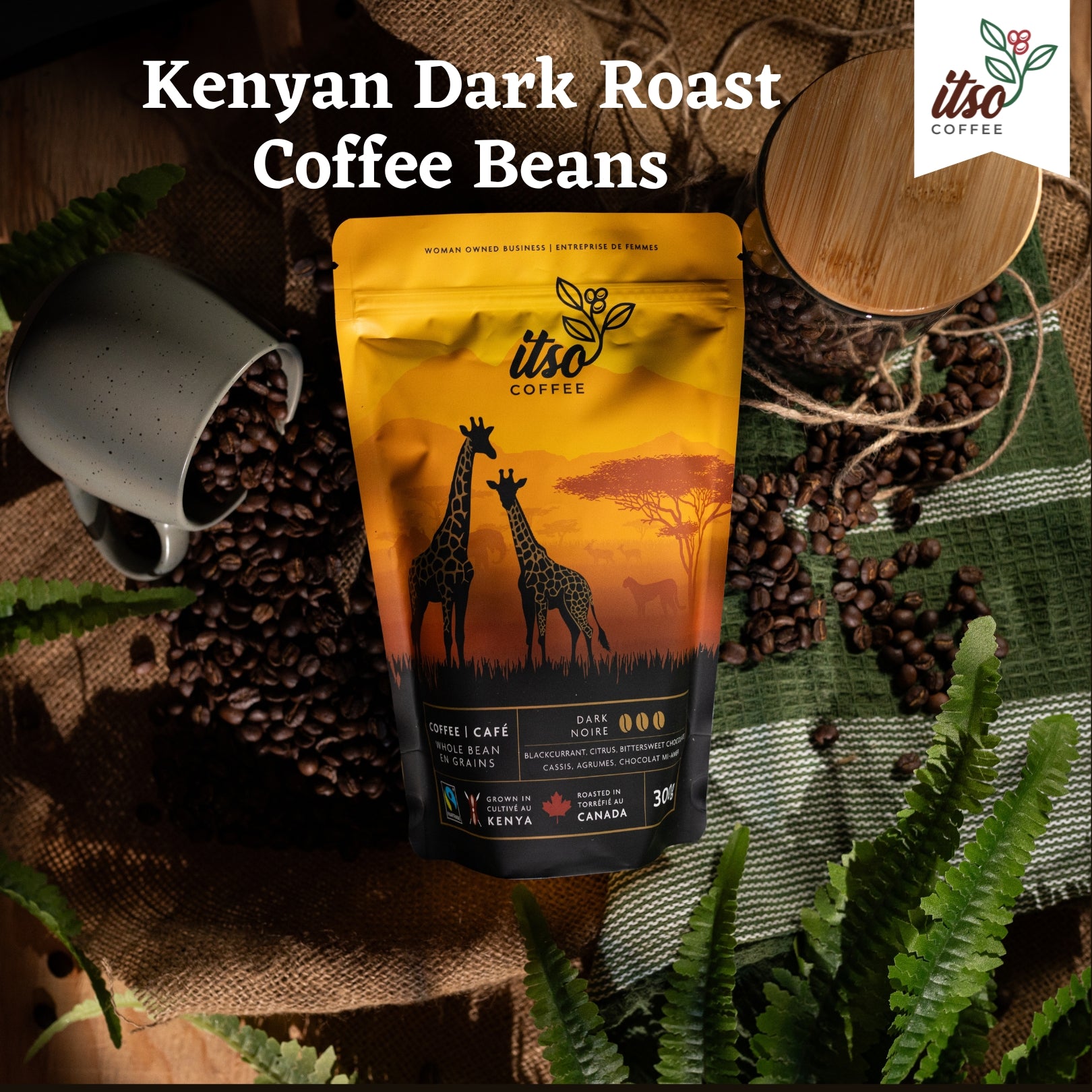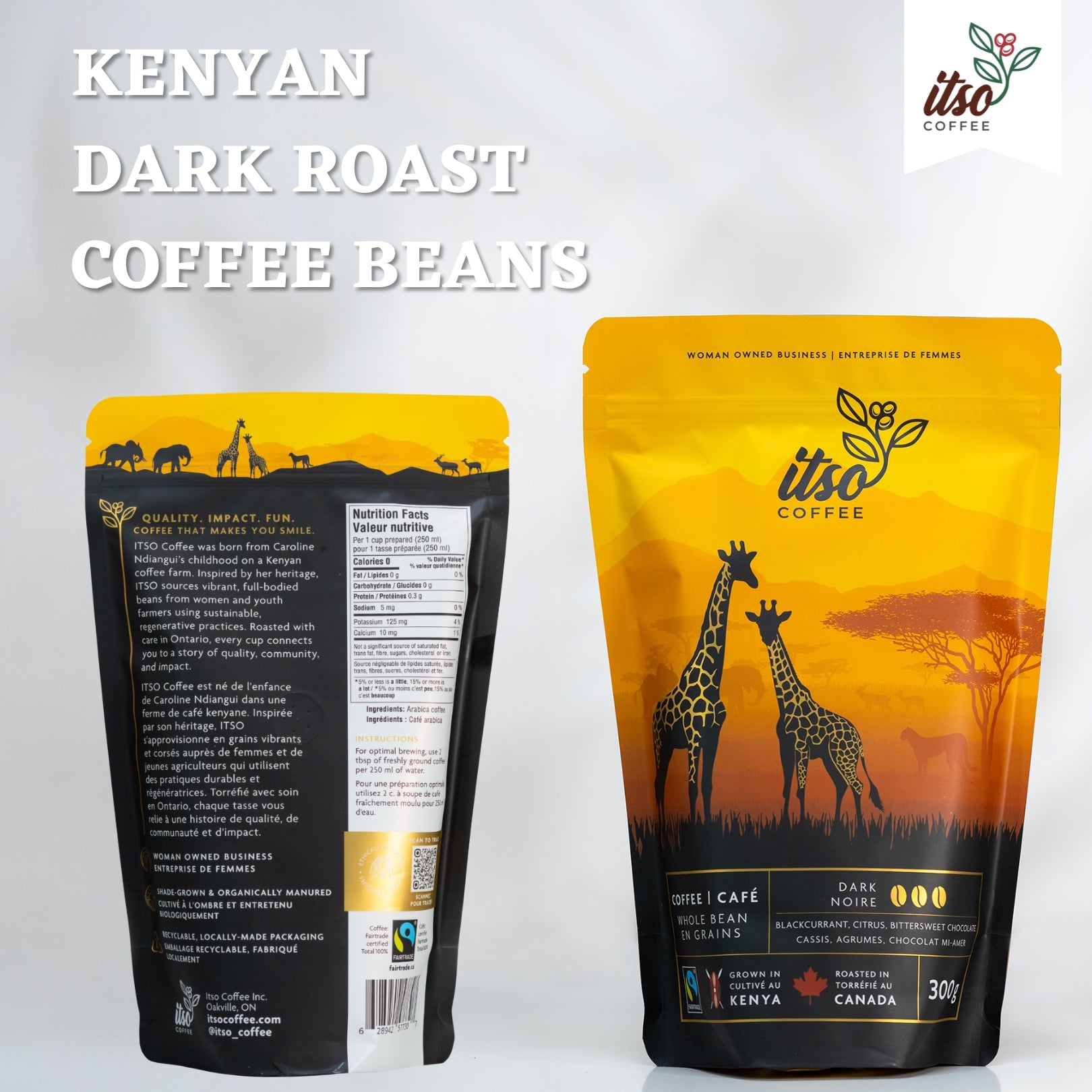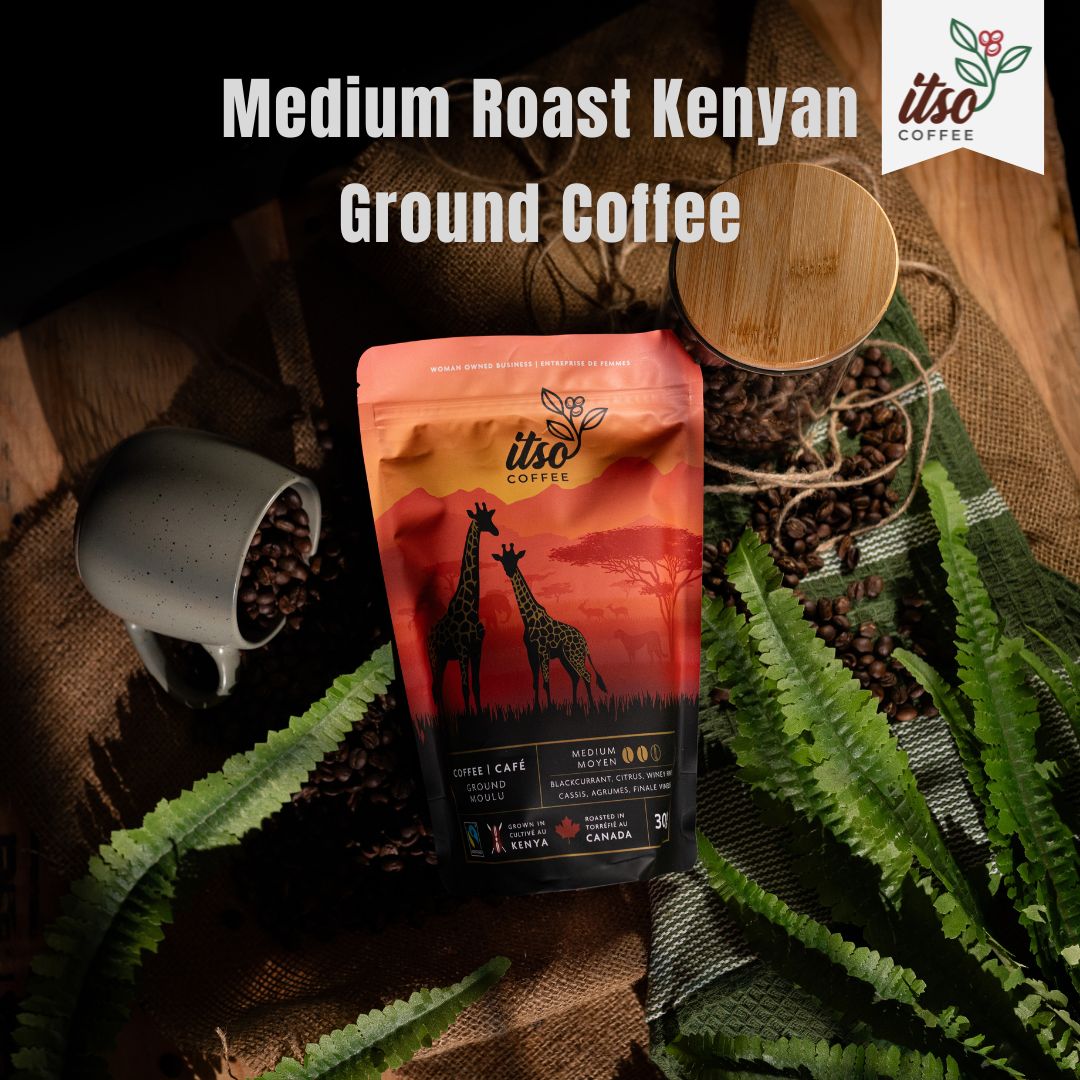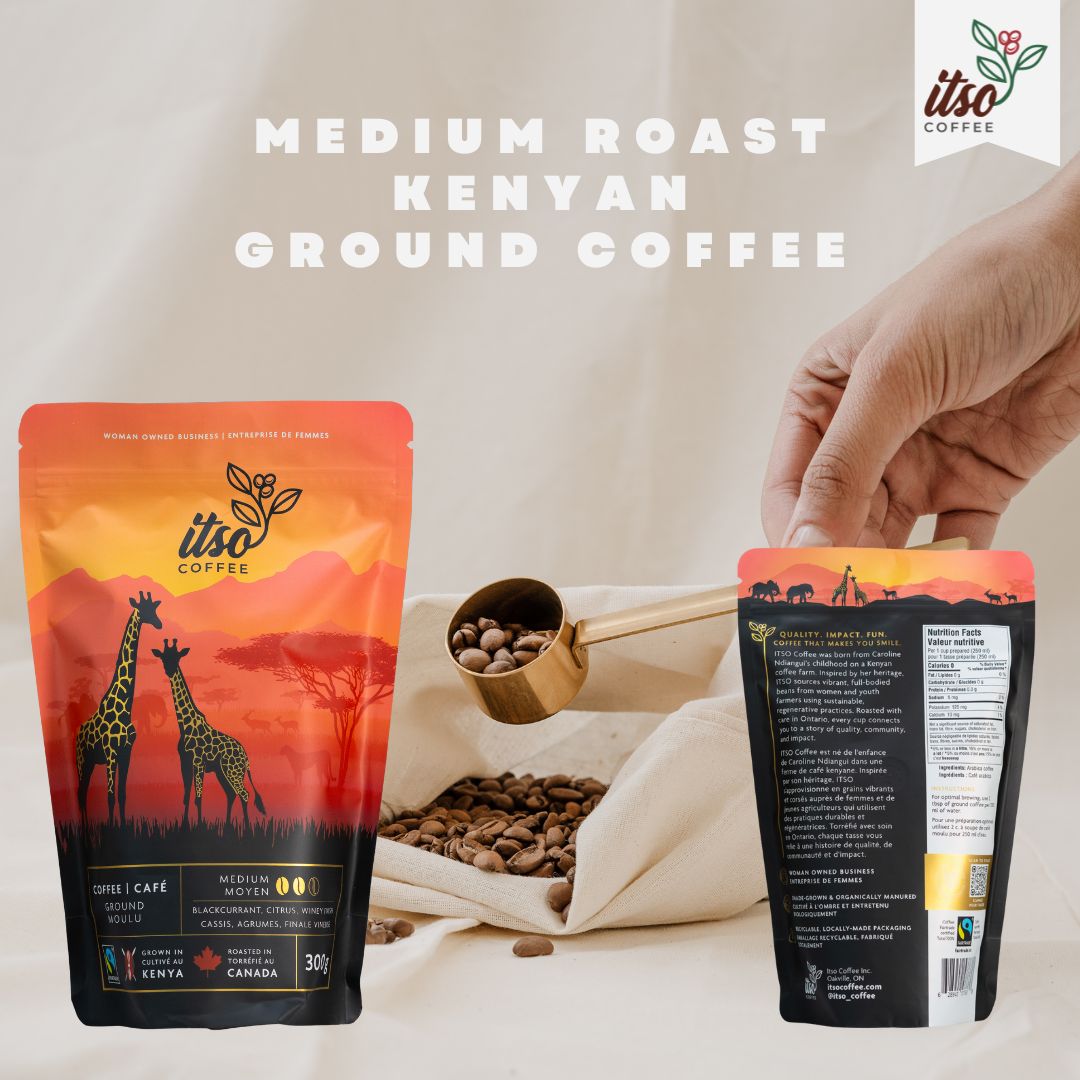
Why Kenyan Coffee is Gaining Global Popularity among Coffee Lovers?

Introduction
Coffee is an international language. People wake up all around the world with its smell. Kenyan coffee is one of the many types of coffee available. It has become extremely popular worldwide. Its distinct and colourful personality is sought after by coffee enthusiasts worldwide. This popularity has not occurred accidentally. Buy Kenyan Coffee North America, It has been the product of an ideal geography, meticulous cultivation, and an uncompromising insistence upon quality. Find out what has made it so popular with coffee lovers.
The Ideal Terroir: A Gift of Nature.
Kenyan Coffee is influenced by its environment to produce its flavour. The regions of Kenya where coffee is grown are on high plateaus. These occur on the slopes of Mount Kenya. It is located at altitudes ranging above sea level. Temperatures are low at these altitudes. Such a chill climate retards the growth of coffee cherries. The extended growth period enables the increased formation of sugars and acids in the bean. This creates a more complex and vibrant flavour profile.
The soil is also a very significant factor. In Kenya, the highlands have volcanic soils. This is deep, well-drained and rich soil. These minerals lend a signature bright and clean acidity to the coffee. The distinctive blend of elevated elevation and volcanic soil produces an ideal all-volcanic soil. This term refers to the natural environment in which a crop is grown. It is what makes Kenyan coffee so delicious in the first place.

Painstaking Processing: An Art of Attention.
The process between the cherry and the bean is indispensable. Kenyan coffee is characterized by its strict processing procedures. The most used is the fully washed process. Once harvested, the coffee cherries are pulped. This removes the outer fruit. Fermentation of the beans takes place in water tanks. This fermentation allows it to break down any leftover fruit. After the initial fermentation, the beans are washed and frequently rewashed. It is a double fermentation. It plays a crucial role in imparting the bright acidity of the coffee.
This is a careful process to make a clean cup. It highlights the inherent flavours of the bean. The final step is sun-drying. The beans are laid out in raised beds. This will permit free circulation of air. Constant rotation eliminates mould and produces uniform drying. This keen observation at each step gives one the best product.
Another Unique Tasting Profile: The Taste of Kenya.
Kenyan coffee is renowned for its intricate and bold taste. It is a sensory experience. The clearest of the notes is the wine-like acidity, which is bright. Fruity notes are commonly present with this. Blackcurrant is a developing scent. There may be traces of berries, citrus, or even tomatoes. The coffee body is generally heavy and full. It gives it a smooth sensation on the mouth.
Such a mix of flavours makes Kenyan coffee special. It is not subtle. It is vibrant and exciting. Connoisseurs love this taste combination. It suits people who like their coffee with a strong personality. People are drawn to the unique flavour. And this is what makes them go back.
Quality Grading System: by making things excellent.
Kenya has a special grading system. It is founded on the bean size, shape and density. Beans of larger sizes are considered of higher quality. The highest grade will be the AA. This grade indicates the large size of beans. Such a system contributes to consistency and quality. It also recognizes the efforts of their farmers.
The grading system is transparent. It gives buyers confidence in their purchase. The label of AA on any coffee indicates a good coffee. This scheme has contributed to the reputation of Kenyan coffee. It is an internationally recognized token of confidence and excellence.
Small holder farming, a community initiative
Small holder farmers produce the majority of Kenya's coffee. Such farmers are small-scale farmers. They tend to be members of cooperatives. The cooperatives do processing and marketing. Quality can be better controlled with this system. It also provides farmers with equitable prices. This building is a pillar of this business. It adds to the quality and uniformity. It enables the local communities.
This model helps in the creation of shared responsibility. It helps to carry the excellence legacy. The farmers take great pride in their work. This commitment is reflected in every cup. Their work speaks volumes about the popularity of Kenyan coffee.
For more information visit our Instagram Account.
FAQs
What is Kenyan coffee like?
The rich and lively flavour characterizes Kenyan coffee. It is an acid bright wine. Blackcurrant and other berries are common key tasting notes. It also has a rich body.
Why is Kenyan coffee very expensive?
It is of high quality, which contributes to its high price. The careful selection and handling are labour-intensive. The tough grading system also contributes to Kenya's premium status.
Kenyan coffee is graded AA.
AA is a certain grade of Kenyan coffee. It is a size classification. The AA grade indicates the size of the beans, with large ones. It is believed to be a symbol of quality.
What happens to Kenyan coffee?
The majority of Kenyan coffee is processed using the wet method. This can have a double fermentation. This is one of the reasons why it has a clean taste and bright acidity.
Why is Kenyan soil particularly suited for coffee?
The soil in Kenya is volcanic. It is mineral-rich and nutrient-rich. The result of this fertile soil is the unusual bright acidity of the coffee.







